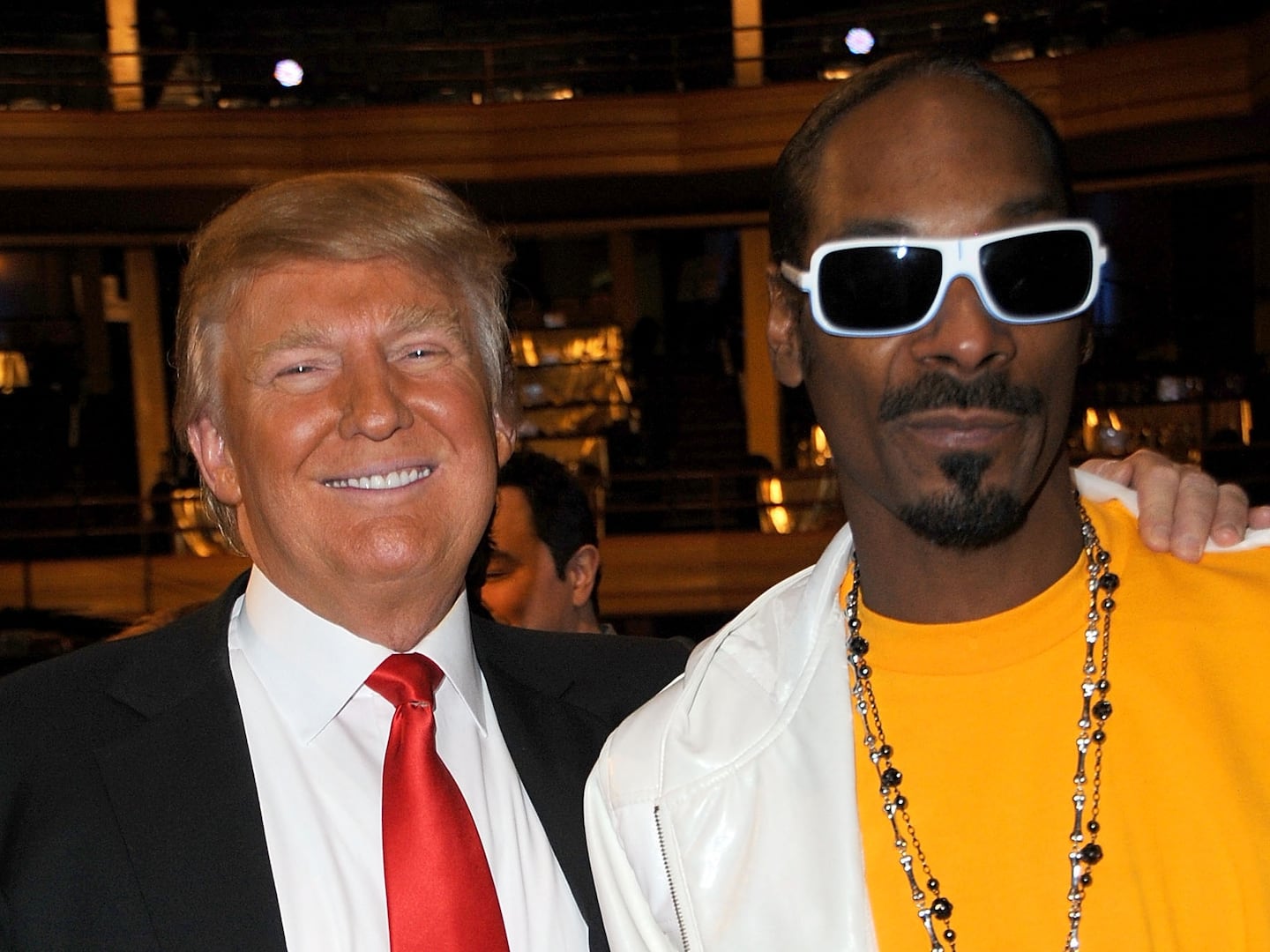Identities
Photo Illustration by The Daily Beast/UNH
White Male Prof Allegedly Posed as Woman of Color to Bully Women
RISKY BUSINESS
It wouldn’t be the first time a white academic posed as a person of color, but it might be the nastiest—and weirdest.

Trending Now





